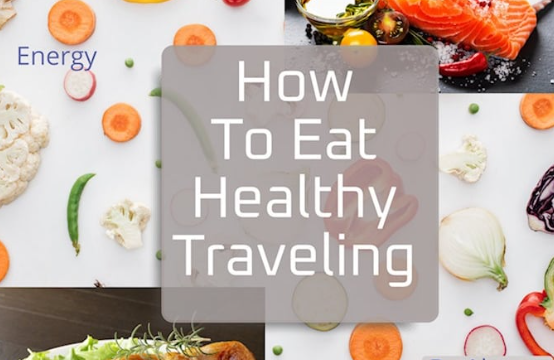Managing autoimmune symptoms often requires more than medication—it can also benefit from strategic dietary choices. While food is not a cure, adopting an anti-inflammatory, nutrient-rich diet can help reduce flare-ups, support immune balance, and improve overall well-being. Here’s how you can eat to ease autoimmune symptoms naturally.
1. Focus on Whole, Unprocessed Foods
Highly processed foods can trigger inflammation and worsen autoimmune symptoms. Instead, build your diet around:
- Fresh vegetables and fruits
- Lean proteins like chicken, turkey, and fish
- Healthy fats from avocado, olive oil, and nuts
- Whole grains like quinoa and brown rice (if tolerated)
Choosing foods close to their natural state provides essential nutrients without added chemicals or preservatives.
2. Incorporate Anti-Inflammatory Ingredients
Specific foods have natural anti-inflammatory properties that may help calm the immune response:
- Turmeric: Contains curcumin, known for its strong anti-inflammatory effects.
- Ginger: Helps reduce inflammation and soothes digestion.
- Leafy Greens: Rich in antioxidants and fiber.
- Fatty Fish: Salmon, sardines, and mackerel are high in omega-3 fatty acids.
Adding these ingredients regularly to meals can promote a healthier immune system.
3. Eliminate Common Triggers
Some foods may exacerbate autoimmune symptoms. Consider minimizing or eliminating:
- Gluten (found in wheat, barley, rye)
- Dairy products
- Added sugars and refined carbohydrates
- Processed and fried foods
An elimination diet under the guidance of a healthcare professional can help identify personal food triggers.
4. Prioritize Gut Health
A healthy gut plays a critical role in immune regulation. Support your gut microbiome by eating:
- Probiotic-rich foods like yogurt, kefir, sauerkraut, and kimchi
- Prebiotic foods like garlic, onions, asparagus, and bananas
- High-fiber vegetables to encourage diverse gut bacteria
Good gut health can reduce systemic inflammation and improve symptom management.
5. Balance Blood Sugar Levels
Blood sugar spikes can fuel inflammation. Maintain stable blood sugar by:
- Eating balanced meals with protein, healthy fats, and fiber
- Avoiding sugary snacks and beverages
- Choosing complex carbohydrates over refined carbs
Steady blood sugar supports overall immune function.
6. Stay Hydrated
Proper hydration is essential for cellular health and toxin elimination. Aim for:
- 6–8 glasses of water daily
- Herbal teas like chamomile, peppermint, or green tea
Hydration helps the body flush out inflammatory byproducts and supports healthy organ function.
7. Consider the Autoimmune Protocol (AIP) Diet
The AIP diet is a specialized elimination diet designed for autoimmune conditions. It temporarily removes potential inflammatory foods and reintroduces them slowly to identify triggers. Always consult with a healthcare provider before beginning a restrictive eating plan.
Final Thoughts
Eating to ease autoimmune symptoms is about nourishing your body with foods that promote balance and reduce inflammation. While every individual’s needs are unique, focusing on whole foods, gut health, and minimizing inflammatory triggers can make a meaningful difference. With thoughtful dietary changes and professional guidance, you can support your body’s resilience and improve your quality of life.






